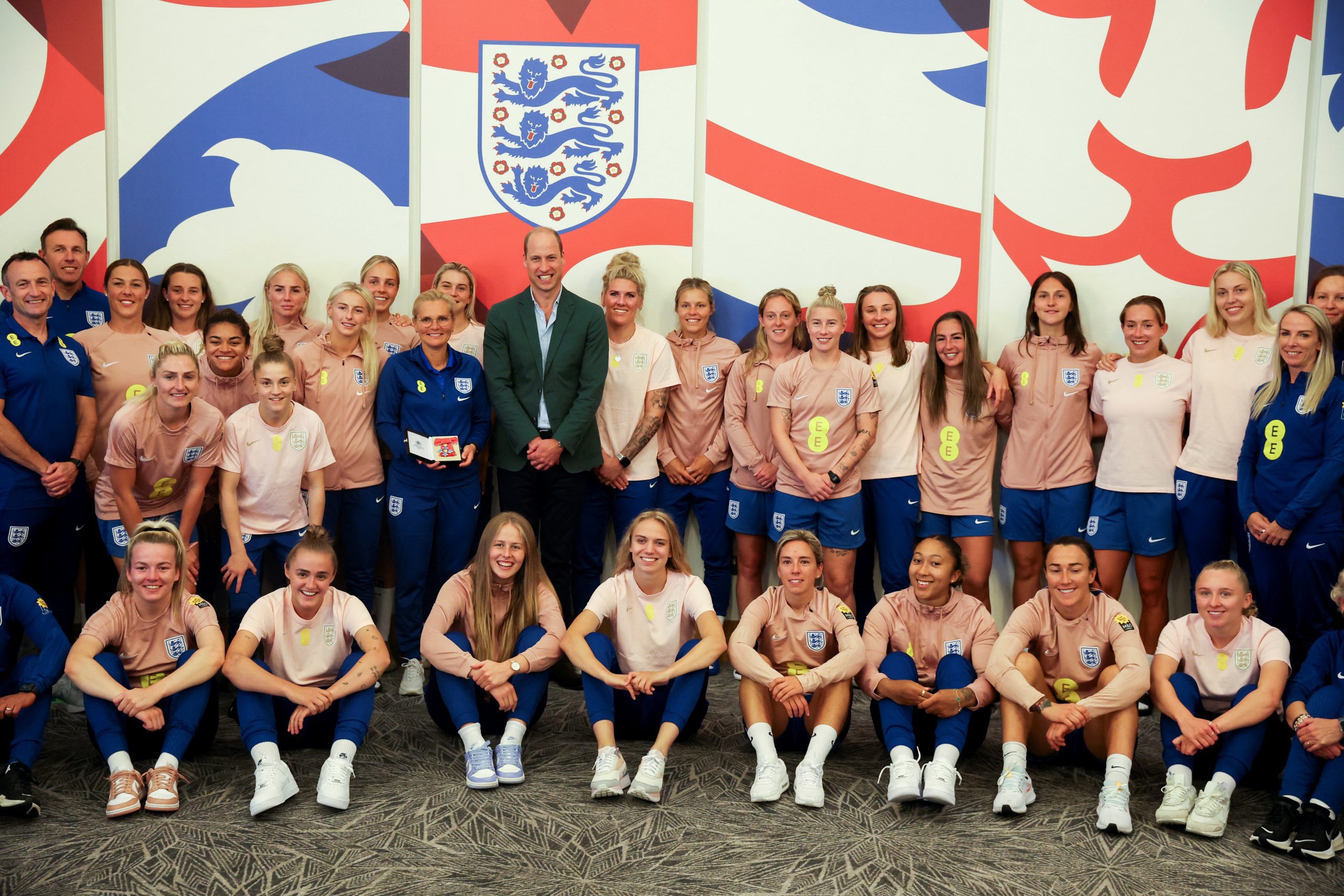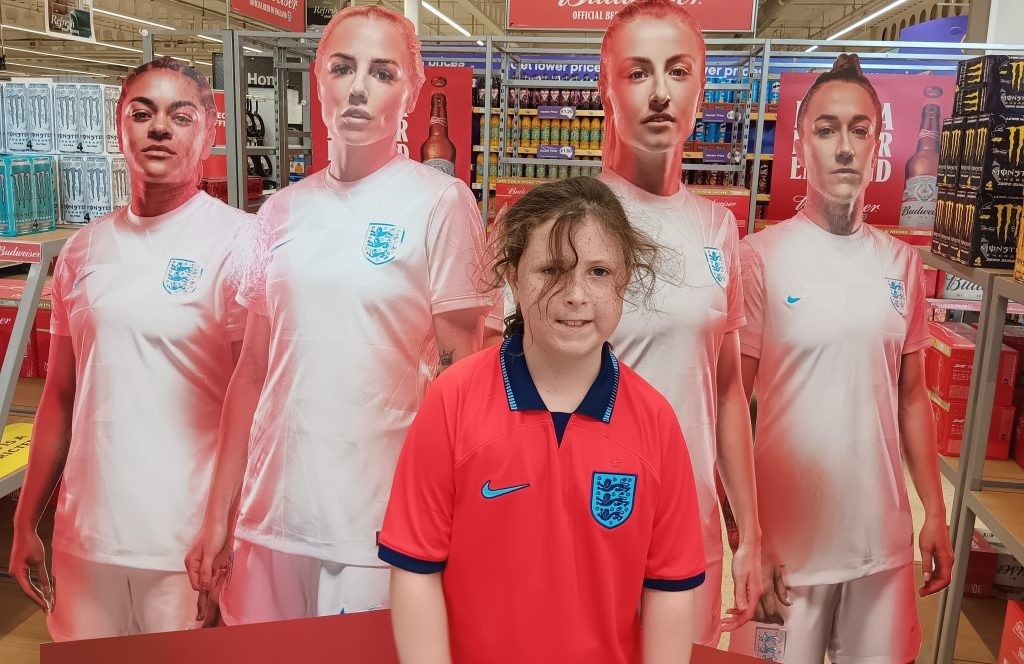
By: SUNDER KATWALA, Director, British Future
HEADING into the supermarket for the weekly shop, we are greeted by a life-size cardboard cut-out of four of England’s women footballers.
They are there because the women’s World Cup is about to kick off and to promote the official FIFA tournament beer too. (6am and 9am kick-offs broadcast from Australia and New Zealand could dampen that market). The shops did not stock up on flags, face-paint and sticker albums to herald earlier women’s World Cups.
The women’s world Cup could become the sporting event of this summer. The Ashes have provided compelling drama on the field but Test cricket’s absence from free-to-air television raises barriers to capturing the next generation’s imagination.
Women’s football has its greatest opportunity with the young. Going to watch the Lionesses at Wembley with my eleven year old daughter, the stands have been full of family groups. This new profile of the women’s game may be experienced by girls and boys of primary school age as simply the new norm that they grow up with, however novel a breakthrough it feels to those a little older.

Dear England – currently playing to sell-out crowds at the National Theatre – offers an enjoyable exploration of football and identity. Gareth Southgate’s attempt to shift the English football team’s mindset made him an unlikely, partly accidental story-teller for England itself. Southgate seeks to liberate his players from the unbearable weight of history, though they come to value how they do inherit 150 years of football tradition, yet with the opportunity to write new chapters of England’s story themselves.
One challenge facing playwright James Graham is that he lacks control of his plot so must weave a narrative around the capricious footballing facts.
Team England work to conquer the fear of that lonely long walk to the penalty spot, to win one World Cup penalty shoot-out, yet still miss decisive penalties again in a Wembley final and in Qatar.
The Lionesses’ triumph in winning their European championship at Wembley offers a joyful epilogue without trying to interrogate what the women’s triumph means for English football’s long quest to recover Bobby Moore’s holy grail. England fans had been singing about thirty years of hurt since Euro ’96. That wait will have doubled to sixty years by the next men’s World Cup in 2026.

History can cast no shadow over the Lionesses – since the European Champions know they are history-makers already. Most of their growing audience lacks more than hazy memories of any past women’s world cups. Two million of us stayed up beyond midnight as an injury-time own goal saw Japan beat England in the 2015 semi-final. Twelve million saw the gallant effort against the USA in another semi-final four years ago, before the curse of a missed penalty struck England’s women too.
A cynic might contend that the women’s game would finally have parity of esteem once we hear angry phone-in recriminations about whether overpaid stars care not just about club but country too. That would miss the point. The culture of our national game can change for the better – and shift social norms too.
Euro 2020 demonstrated the need to contest racism in football again. But what remains a surprise to those of us who grew up with 1980s football that sport today is associated so much less with xenophobic forms of national identity. Rather, football has done most to champion an inclusive, even conscientious, modern English pride and patriotism. The compassionate responses to Dele Alli’s moving interview about his childhood trauma – deftly captured in the Dear England play – was the latest example. We can become a kinder, gentler country while wanting our teams to win.
A lovely vignette in the National Theatre play illustrates how our sporting summers capture what it means to be a nation. Those from all walks of life – builders and barristers, priests and wedding guests – are caught up in the escalating excitement as a tournament progresses. Shared rituals forge new memories when we experience those nail-biting sporting highs and lows together.
Could the Lionesses make this that kind of magical summer – and even end it as new national World Cup legends? Just maybe. England are strong favourites to win their opening match against Haiti on Saturday (22) in a group with China and Denmark. This expanded 32 team tournament may take time to take off. Expect fireworks in August’s knock-out stages.
The draw suggests the Lionesses path to victory may seem them need to beat hosts Australia then Euro finalists Germany in the quarter-finals. The winners might play France next for a chance to dethrone the USA in a World Cup final, as the USA try to win their third World Cup in a row. That sounds a daunting quest.
It would go too far to say that England expects. But England can hope. That is how these sporting summers connect us together.
 [TheChamp-Sharing]
[TheChamp-Sharing]